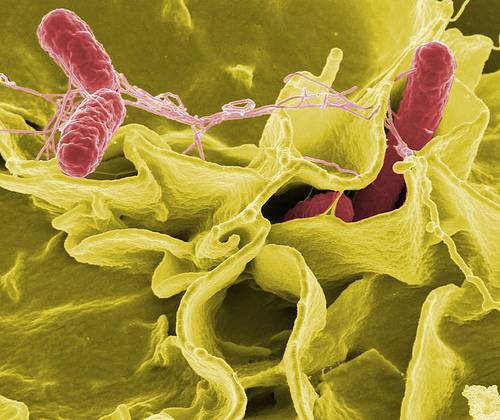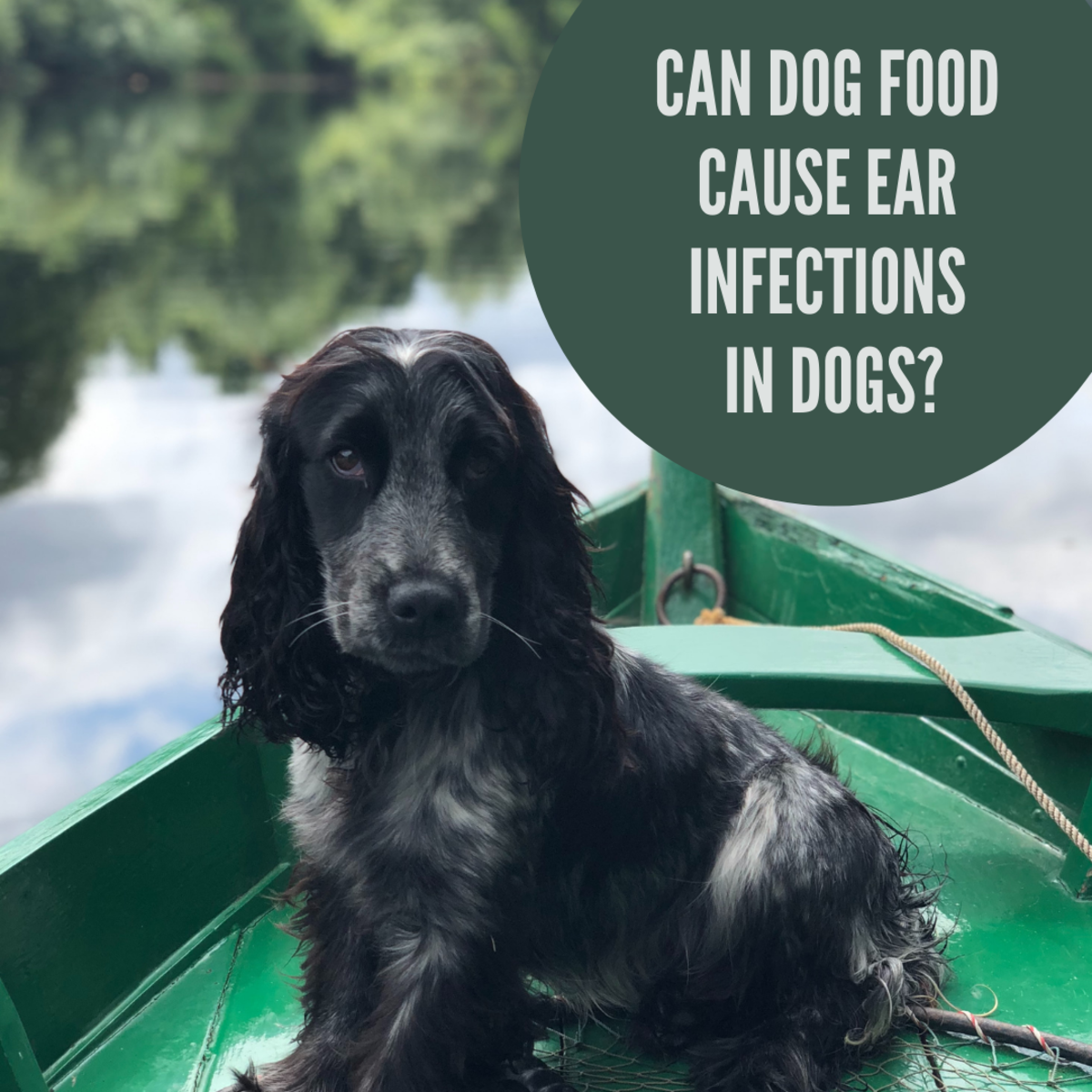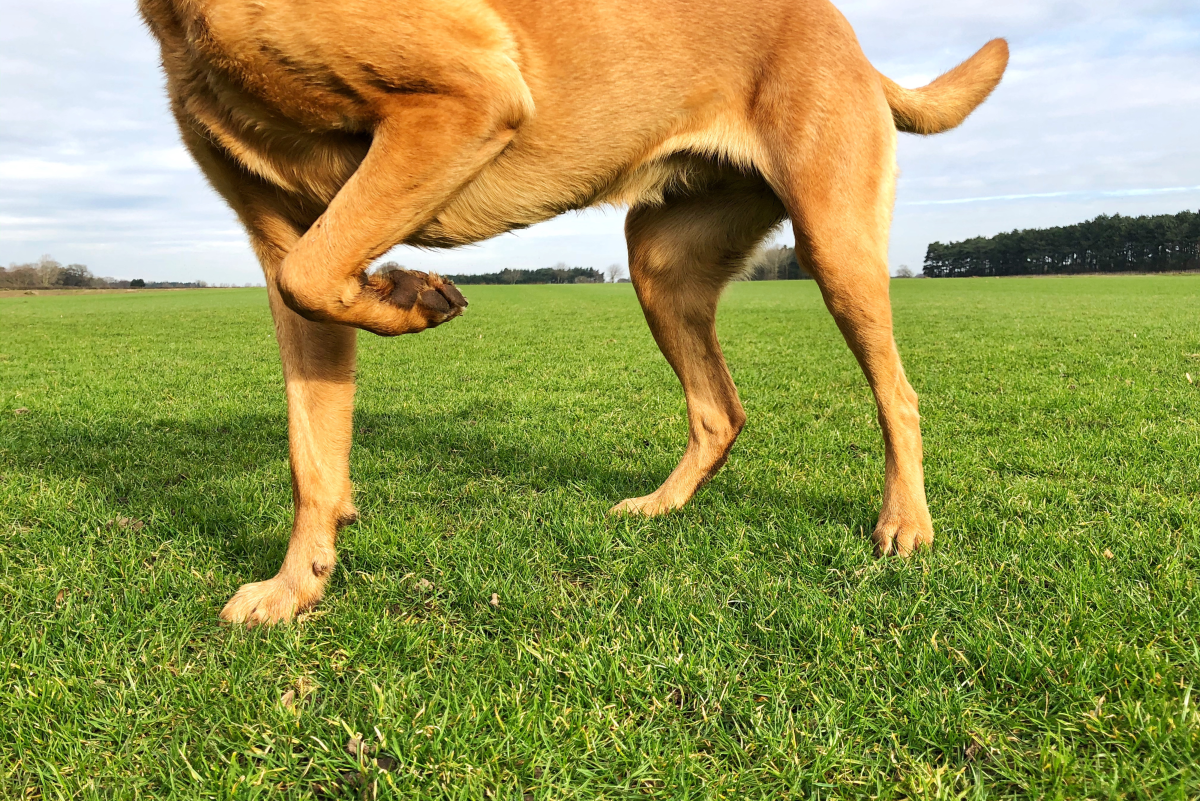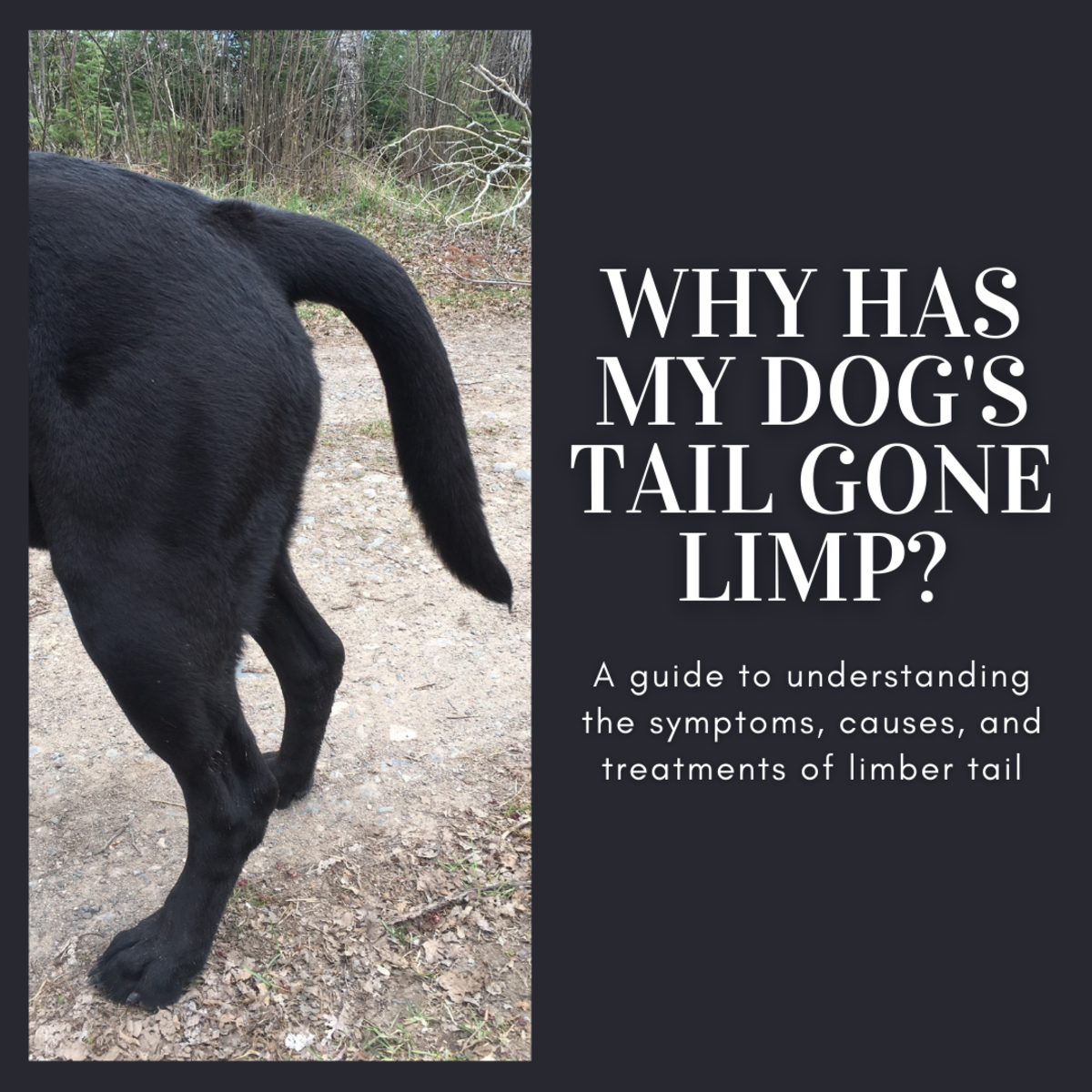Salmonella Symptoms in Dogs and Cats

Salmonella is a bacteria that causes infections in humans, pets, dogs and cats. Gastroenteritis is the most common cause of salmonella bacteria. It is found in raw eggs, uncooked meat, poultry, unpasteurized milk and cheese products. Pet owners must be careful if a pet or members in your family gets Salmonella. Salmonella is one of the illnesses that is transmitted between pets and humans and use these Salmonella Symptoms in dogs and cats to detect if they have been infected.
.
Symptoms of Salmonella in dogs and cats:
Symptoms may appear 1-2 days following infection. Common symptoms include diarrhea, nausea, vomiting, abdominal cramps and pain in abdomen. For dogs and cats, the diarrhea is liquid or comes with mucous or blood. Diarrhea lasts for 4 days. Salmonella infection usually ends in seven days.
- Diarrhea
- Vomiting
- Fever
- Dehydration
- Mucus in stool
- Weight loss
- Refusal to eat
- Swollen lymph nodes
- Abnormal heart rate
Foods that contain salmonella bacteria:
1. Eggs and egg products: Raw eggs, egg products, such as eggnog, caesar salad dressings, custards, homemade ice cream, hollandaise sauces and mayonnaise may contain salmonella.
2. Meat products: Raw or undercooked meat also contain salmonella bacteria.
3. Unpasteurized dairy products: All dairy products should be pasteurized before consuming.
4. Raw fruits and vegetables: Always wash fruits and vegetables before eating. It may carry salmonella on the skin/ peels.
5. Yeast: Cookie dough and cake mix products contains salmonella when not cooked fully.
Diagnosis of salmonella in dogs and cats:
Salmonella is diagnosed in dogs and cats by testing a stool sample.
Treatment of salmonella in dogs and cats:
Dogs and cats do not require treatment unless the pet becomes severely dehydrated or the infection spreads from the intestines. Dogs and cats with severe diarrhea may require rehydration with intravenous fluids. Antibiotics are necessary if the infection spreads from the intestines. In severe cases of salmonellosis, blood transfusions may be necessary to help replace fluids and serum albumin.









